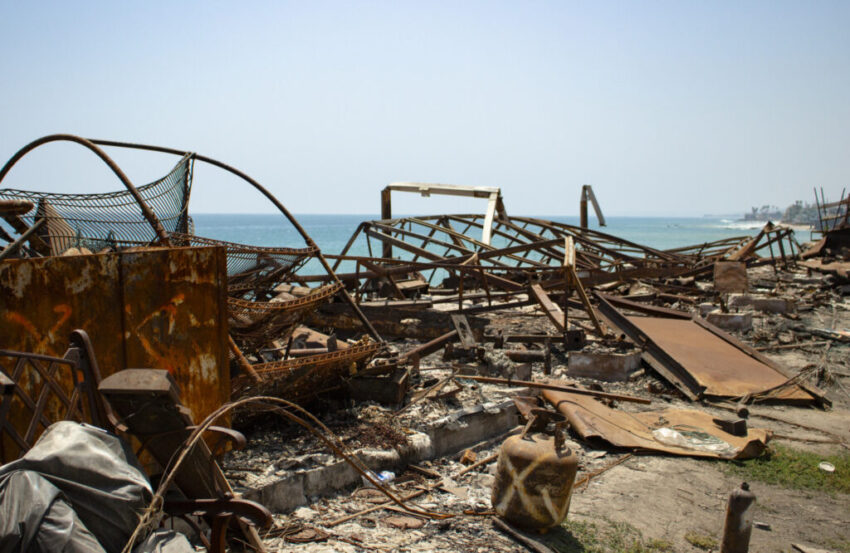The California Senate has advanced Senate Bill 549, a measure aimed at enabling counties like Los Angeles to divert property tax revenues toward “Resilient Rebuilding Authorities” (RRAs) — new local agencies tasked with post-disaster reconstruction, with a mandated focus on low-income housing.
The bill, which now heads to a hearing in the state Assembly on Wednesday, would authorize RRAs to administer a range of funding streams, including tax-increment financing, federal and state loans, and philanthropic contributions.
The RRA specific to Los Angeles wildfires (RRA-LAW) would be responsible for directing recovery-related construction efforts, particularly in communities affected by recent wildfires such as those in the Palisades, Eaton, and Hughes areas.
By design, at least 40% of the funds managed by RRAs would be required to support low-income housing development. These authorities would have broad powers, including purchasing land for “land banking,” acquiring construction materials in bulk, and creating temporary housing for reconstruction workers. They would also be tasked with facilitating the return of lost rental stock, supporting the development of senior housing, and encouraging construction of accessory dwelling units (ADUs).
The bill comes in tandem with Governor Gavin Newsom’s announcement last week of a $101 million allocation in taxpayer dollars for low-income multifamily housing in fire-affected Los Angeles communities.
Under that initiative, developers can access up to $450,000 per unit in state loans and an additional $90,000 per unit in grants. If SB 549 is enacted, RRA funding could work in parallel with the governor’s investment, expanding the reach and speed of low-income housing recovery efforts.
Critics are likely to focus on the significant shift in Los Angeles’ housing trends. Currently, 73% of planning applications for new housing are for income-restricted units, a dramatic jump from the 30% average over the previous four years. That trend points to a marked decline in market-rate housing production — a signal that policies prioritizing subsidized development may be suppressing broader housing supply.
If implemented, SB 549 would further cement the state’s long-term shift toward public-sector-driven housing initiatives, funded in large part by local property tax revenue and outside grants.
Proponents argue this approach is essential for rebuilding fire-ravaged communities while addressing California’s chronic affordable housing shortage. Opponents warn that reduced incentives for private development and escalating reliance on taxpayer funding could undermine long-term housing market stability.
The post California Senate Passes Low-Income Housing Bill appeared first on Patriot Newsfeed.
Click this link for the original source of this article.
Author: Mark Stevens
This content is courtesy of, and owned and copyrighted by, https://patriotnewsfeed.com and its author. This content is made available by use of the public RSS feed offered by the host site and is used for educational purposes only. If you are the author or represent the host site and would like this content removed now and in the future, please contact USSANews.com using the email address in the Contact page found in the website menu.








